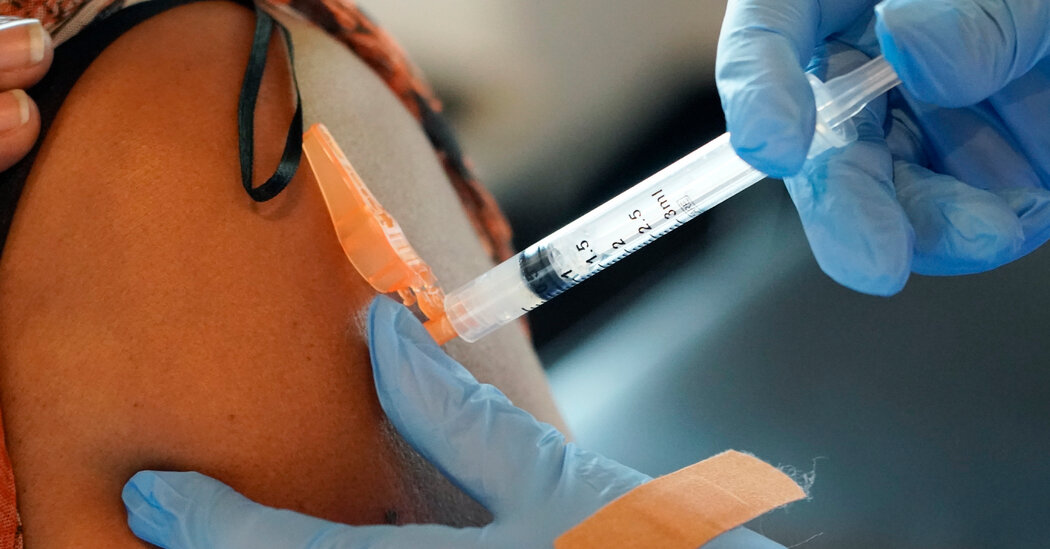The agency endorsed additional doses for people at high risk.
The Centers for Disease Control and Prevention on Wednesday expanded its Covid vaccine recommendations, urging some people to get additional doses of the updated shots.
The agency said that people 65 and older and those who are moderately or severely immunocompromised should receive a second dose of the vaccines that rolled out this fall six months after their first shot.
Under the new guidelines, people with compromised immune systems also have the flexibility to get three or more doses of the updated vaccine, in consultation with their health care providers. This group includes people with advanced H.I.V. infection and those undergoing chemotherapy or receiving some therapies for autoimmune conditions, said Dr. Donald Dumford, an infectious disease doctor at the Cleveland Clinic.
The move makes it easier for those most at risk for dying or becoming very sick from Covid to get additional protection.
“If the person is willing to get it, great — we now have the green light to give it to them, in no uncertain terms,” said Dr. William Schaffner, an infectious disease specialist at Vanderbilt University Medical Center.
Not everyone, of course, will be willing: Covid vaccine uptake has remained stubbornly low over the last few years. As of Oct. 12, only around 12 percent of adults reported receiving an updated vaccine, according to data from the C.D.C.
The vaccines are well matched against the variants that are currently circulating, offering some defense against infection and curbing a person’s risk of hospitalization or death from the virus. Vaccines also reduce a person’s chances of developing long Covid. But immunity wanes over time.
“There’s just a greater need than ever to have a more durable strategy, vaccination-wise,” said Dr. Marc Sala, co-director of the Northwestern Medicine Comprehensive Covid-19 Center in Chicago.
Covid poses a particular challenge because the virus spreads year-round, spiking in unpredictable waves; it’s difficult to sustain protection, especially among people with compromised immune systems. The C.D.C.’s new recommendations signal a shift in how the medical community thinks about vaccinations, Dr. Schaffner said.
“This is not a way we usually give vaccines,” he said. But, he added, “we have to move into this new way of providing vaccine protection.”
